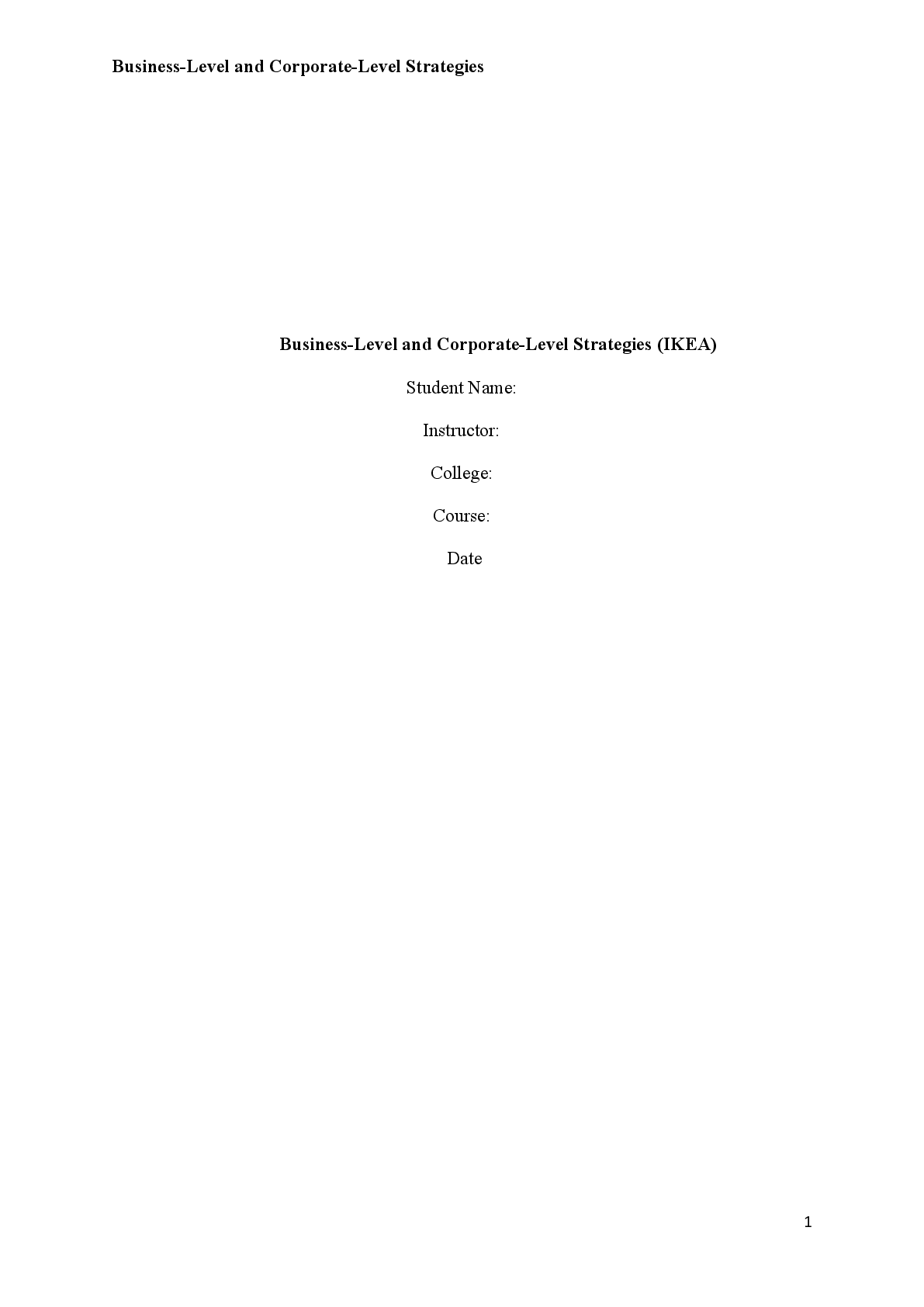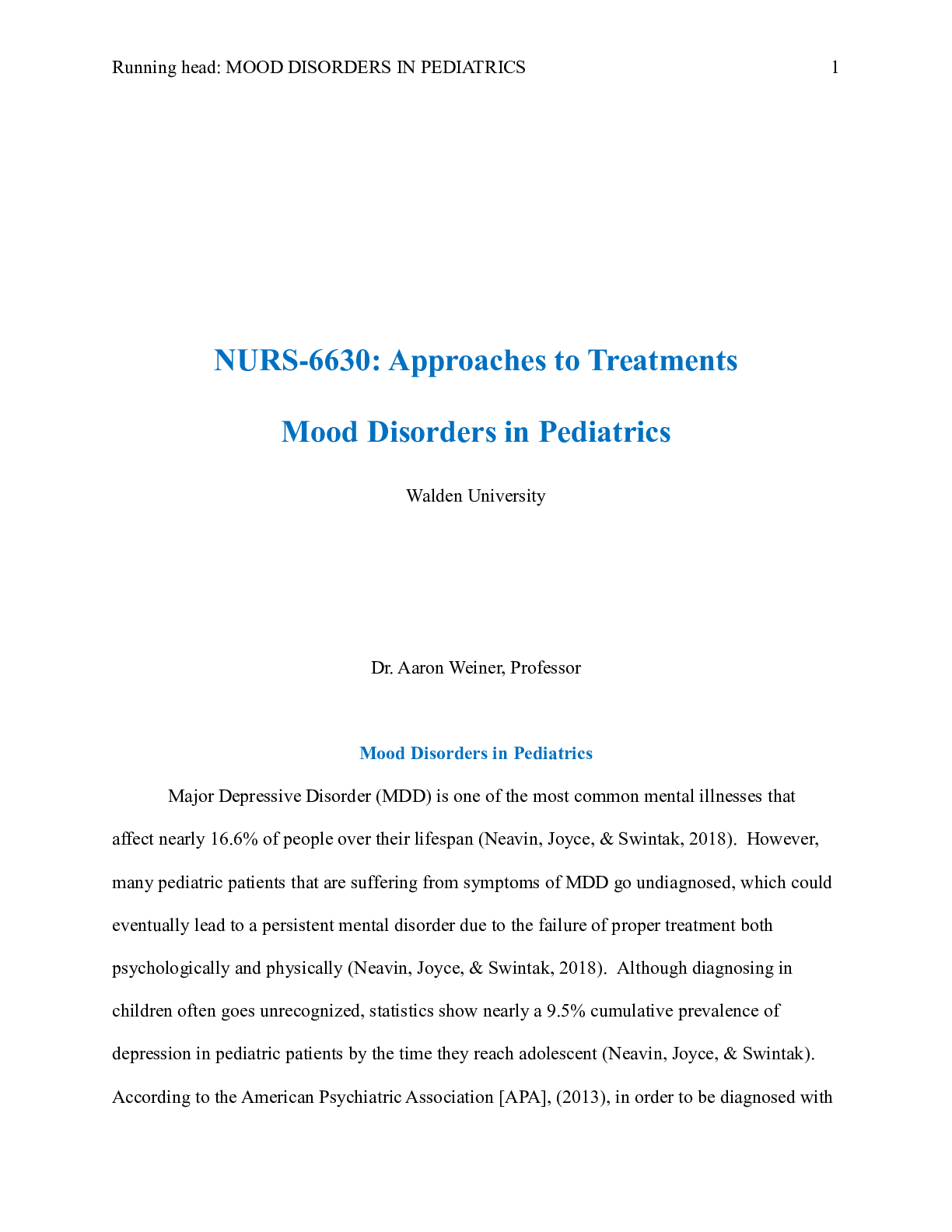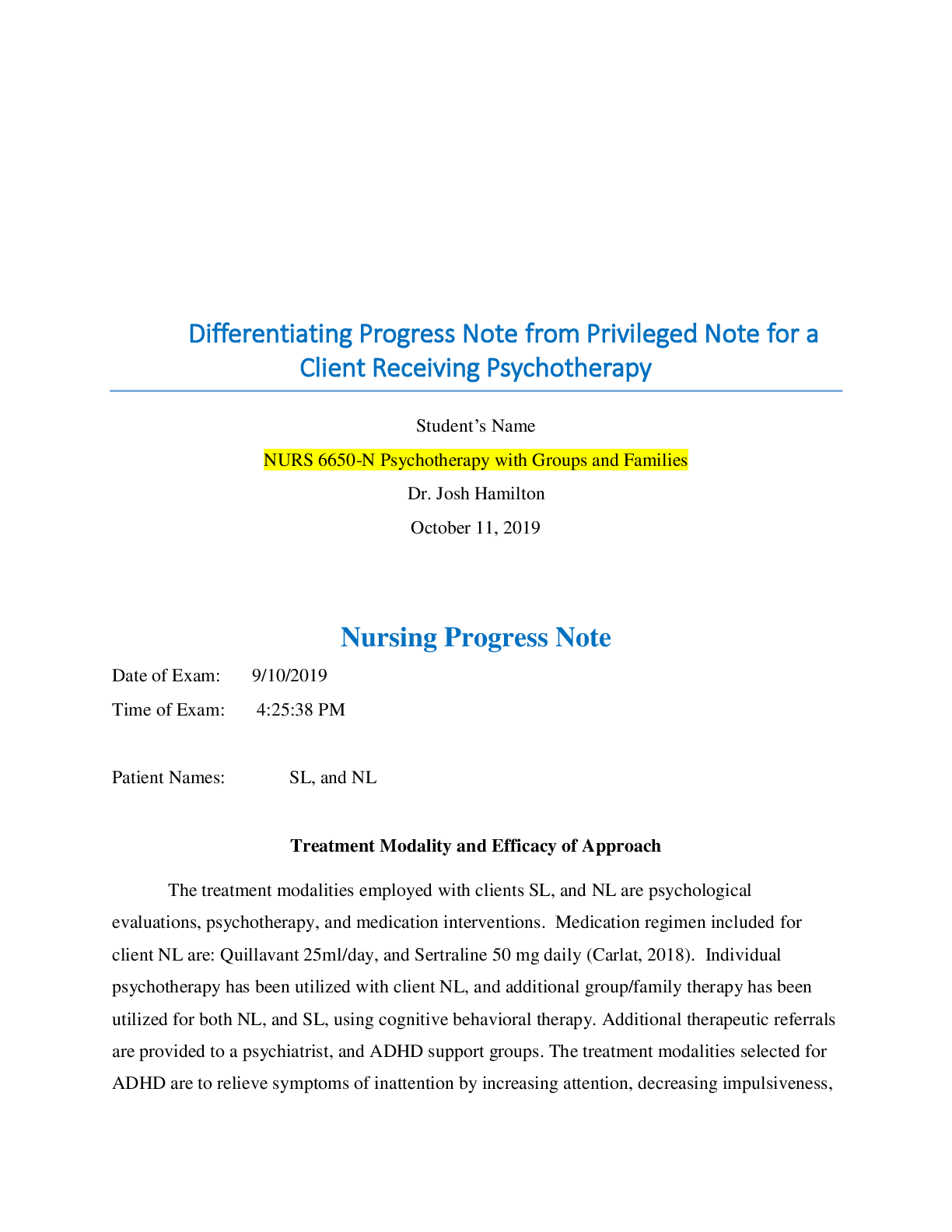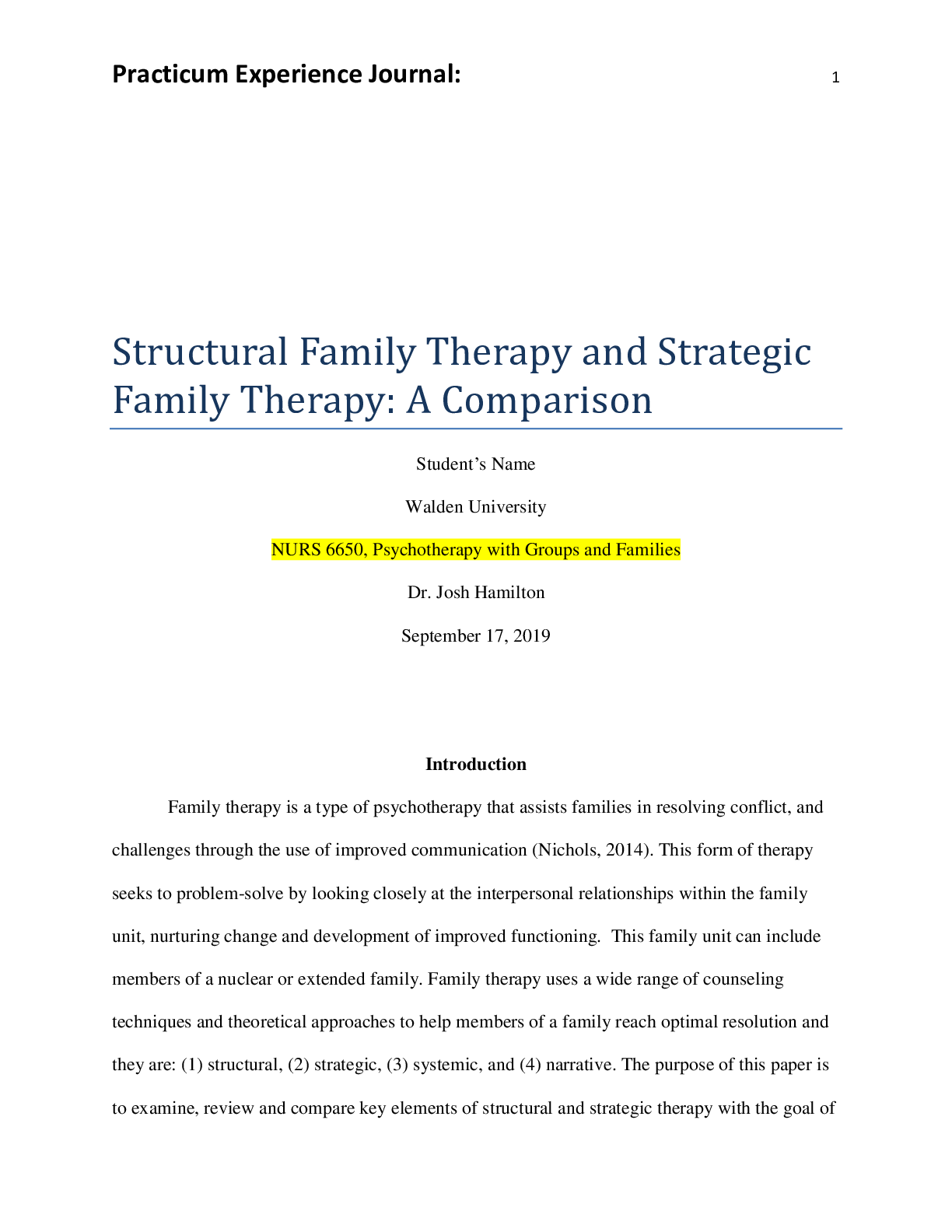Research Methods > Research Paper > RESEARCH METHODS (LONG1 BF-2020/21): Supply Chain Management Practices as it Relates to Performance (All)
RESEARCH METHODS (LONG1 BF-2020/21): Supply Chain Management Practices as it Relates to Performance among Public Institutions in the UK. (Paper 3500 Words). No Plagiarism
Document Content and Description Below
Research Proposal Additional guidance for approaching the research proposal. Whilst this is not a required structured it may be helpful to give ideas for structuring the proposal. Please refer to th ... e module guide for the assignment. 1. Background and rationale for the research • Approximately 300-500 words. • Briefly outline the identified research topic. • Set the proposed research in context and provide some brief background information about the subject. • Explain the rationale for the proposed research - i.e. why it is worth doing. The motivation could be practical (i.e. because the identified topic/issue is pertinent to international management practice or government policy) or academic (i.e. you have identified a ‘gap’ in the existing academic literature, where there is scope to develop new knowledge or enhance understanding). Many studies tick both boxes. • Outline, in broad terms, the envisaged contribution of your proposed research – i.e. what your study might add to existing academic knowledge and understanding of the identified topic and/or what practical or policy relevance your study might have. 2. Research aims and objectives • Approximately 200-300 words (or less) • The aims of your research should be a statement of what you hope to achieve overall in your research. Ideally this will be a single sentence. The aims will relate to your primary research question. • The idea of research objectives is to divide your broad research aim into a series of sub-tasks that will need to be completed to address your overall aim and answer your main research question. Ideally you should outline around 3-4 objectives (write them as bullet points). • These research objectives should be ‘SMART’: o Specific – your objectives must be sufficiently focused, clearly stated and unambiguous, and they should relate to a specific topic area; o Measurable – you should be able to judge when/whether you have met the stated objectives; o Attainable – the objectives should be realistically achievable, given the available time and resources – access to data is likely to be another key consideration; o Relevant – the objectives should result in a relevant contribution to knowledge and/or practice; o Time-bound – you need to have a clear and realistic timetable for meeting the stated objectives. • Typically, research objectives would include phases such as “to describe…”, “to examine…”, “to explain…”, “to test…”, “to understand…” but they could also a bit more open-ended (in an exploratory study) “to explore…” or “to investigate…”. Some illustrative examples (from different projects): o To describe the internationalisation path of <company> (countries entered and timing of entry). o To explore the factors that influenced foreign manufacturers’ decisions to invest in Vietnam. o To understand the factors that influence Chinese consumers’ perceptions of Japanese brands. o To examine the fit between the internationalisation behaviour of Pakistani software firms and the predictions of the Uppsala model of internationalisation. o To investigate the relationship between the type of host economy (developed, emerging or developing country) and FDI entry mode (Greenfield, acquisition or JV) for Western retail MNEs. 3. Relevant literature and theory • Approximately 1,000 words. • All research must be situated within a body of existing academic knowledge (‘the literature’) and informed by academic theory/concepts/frameworks. • As part of your MSc dissertation, you will need to undertake a systematic and wide-ranging review of relevant academic literature. This literature review has two main purposes: 1. To show your awareness of the present state of knowledge in a particular field. Not just who has written what, but the main empirical research themes and findings, theoretical positions, controversies, and breakthroughs as well as links with other related areas of knowledge. 2. To provide a foundation for your research. The process of reviewing the literature should provide a rationale for the choice of topic to be investigated and the methodology selected. It should help you define a hypothesis or a research question, and show how answering the question will contribute to the body of knowledge. Analysis of the literature can also help provide a particular theoretical lens, support the argument, or identify gaps. • Therefore, your dissertation literature review chapter will normally do the following: o summarise and critically appraise the state of existing academic knowledge about the specific research topic and in related areas; o identify gaps in existing knowledge to provide a rationale for the dissertation research study; o highlight specific theories, concepts and frameworks that will inform the study’s data collection and analysis, or develop a new conceptual or analytical framework to inform the study; o (and sometimes) formulate propositions/hypotheses that will be examined or tested in the study. • Note: you are not required to conduct a full literature review for this proposal. • However, in this section of the proposal, you are required to: o Briefly outline the main areas of academic literature (i.e. fields/sub-fields of international business and management) that will inform your study (i.e. the ‘parent literature(s)’ in which your study will be situated). Some studies will be clearly located within a single field of IB/IM whereas other studies will span a number of inter-related areas. For example, a study of FDI in the semiconductor industry in Vietnam would need to review the general literature of FDI (motives, location decisions, entry modes) but might also need to consider prior empirical studies on the patterns of production in the semiconductor industry and the specific literature on transition economies and FDI in transition economies. o Highlight any academic theories, concepts or frameworks that are likely to inform your study. • You are also expected to briefly summarise any key themes or prior findings that you have identified from a preliminary reading and review of the relevant literature. For example, you might want to highlight the contributions of important studies that have already been published in the area of your topic. • As a result, you will need to include in-text citations for a number of relevant academic studies (peer reviewed journal articles, books, textbooks, etc). 4. Proposed research design and methodology • Approximately 1,500-2,000 words. • This should be the main section of the proposal. It is advisable to use sub-headings in this section. • This section should explain (i.e. what & how) and justify (i.e. why) your main choices in relation to the proposed research design and methodology and it should address the following areas: o Philosophy (e.g. positivism, realism, interpretivism, etc) and approach (inductive, deductive, etc); o Research strategy (e.g. case study, survey, ethnography, archival analysis, etc); o Data collection methods/techniques (e.g. questionnaires, interviews, observations, etc); o Type of data (e.g. primary, secondary or both; quantitative, qualitative or both); o Data analysis approach/procedures (i.e. how you propose to analyse your data); o You should also attempt to address the issues of validity, reliability and generalisability. This might be done in a specific section at the end or during the discussion of strategy and methods. It may be helpful to refer to the Saunders “research onion” – and key textbooks from the Research Methods Block B module reading list - for guidance of the above points. • Your explanation and justification should be underpinned by references to relevant research methods literature (e.g. textbooks listed on page 6 of the Block B module guide). • As part of your justification, you should (1) briefly consider possible alternative approaches and (2) show an awareness of the strengths and (particularly) limitations of the proposed research methods, and discuss the implications of these for your proposed research study. • In your discussion of the research strategy and data collection methods/techniques, you should provide as many specific details as possible. For example: o For a questionnaire survey: What type of survey? How, where and by whom will the questionnaires be completed? How many respondents? How will respondents be selected (e.g. sampling frame and strategy)? Plus justification for these choices. o For a case study strategy: How many cases and why? How will cases be identified or on what basis will they be selected? What types of data will be used and how will they be obtained? What type of case study (e.g. exploratory, explanatory, theory-testing; comparative; etc)? • Your discussion of the above issues should not be in generic terms, as found in a textbook - it must be applied to the specific research study you are proposing. [Show More]
Last updated: 3 years ago
Preview 1 out of 15 pages

Buy this document to get the full access instantly
Instant Download Access after purchase
Buy NowInstant download
We Accept:

Reviews( 0 )
$19.00
Can't find what you want? Try our AI powered Search
Document information
Connected school, study & course
About the document
Uploaded On
Jul 11, 2020
Number of pages
15
Written in
All
Additional information
This document has been written for:
Uploaded
Jul 11, 2020
Downloads
0
Views
134


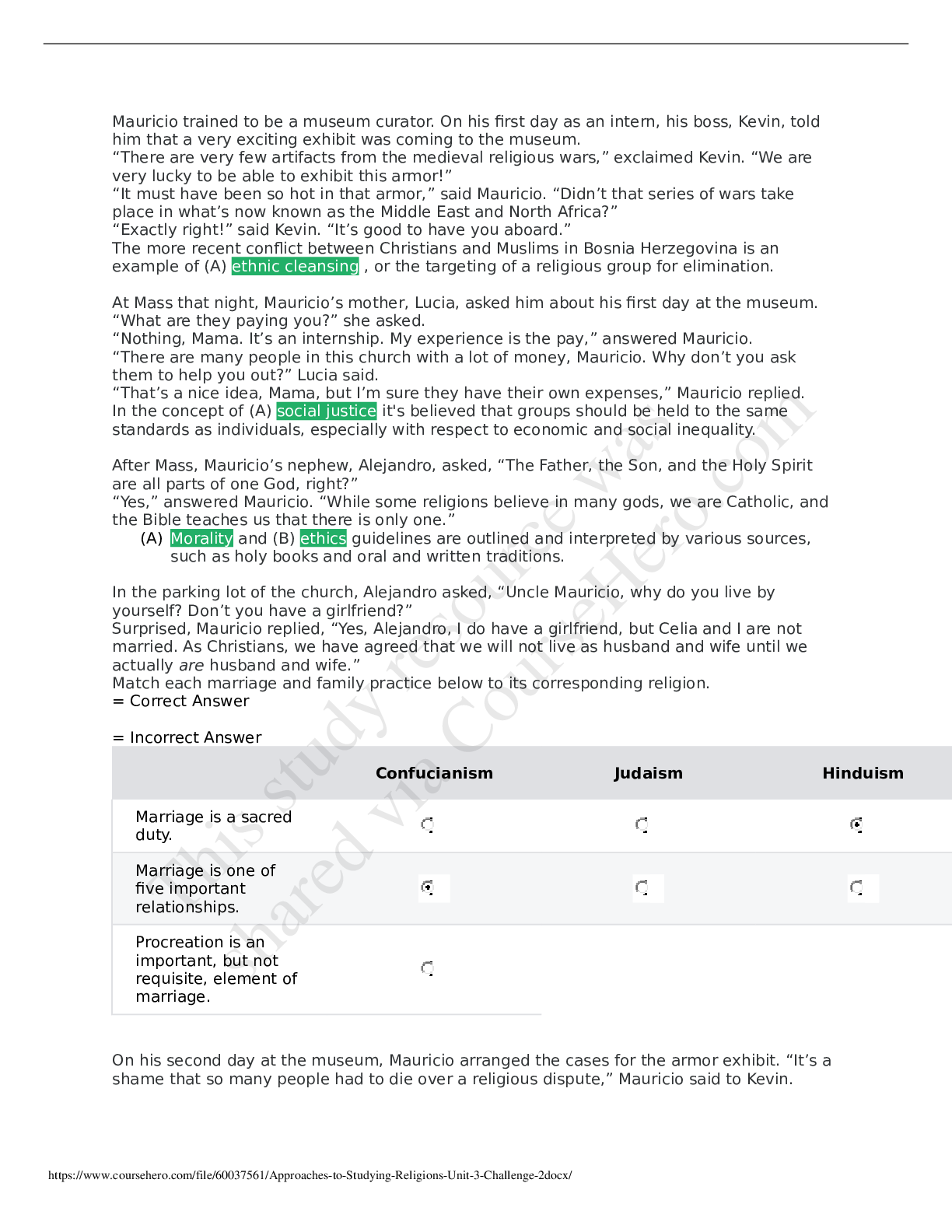
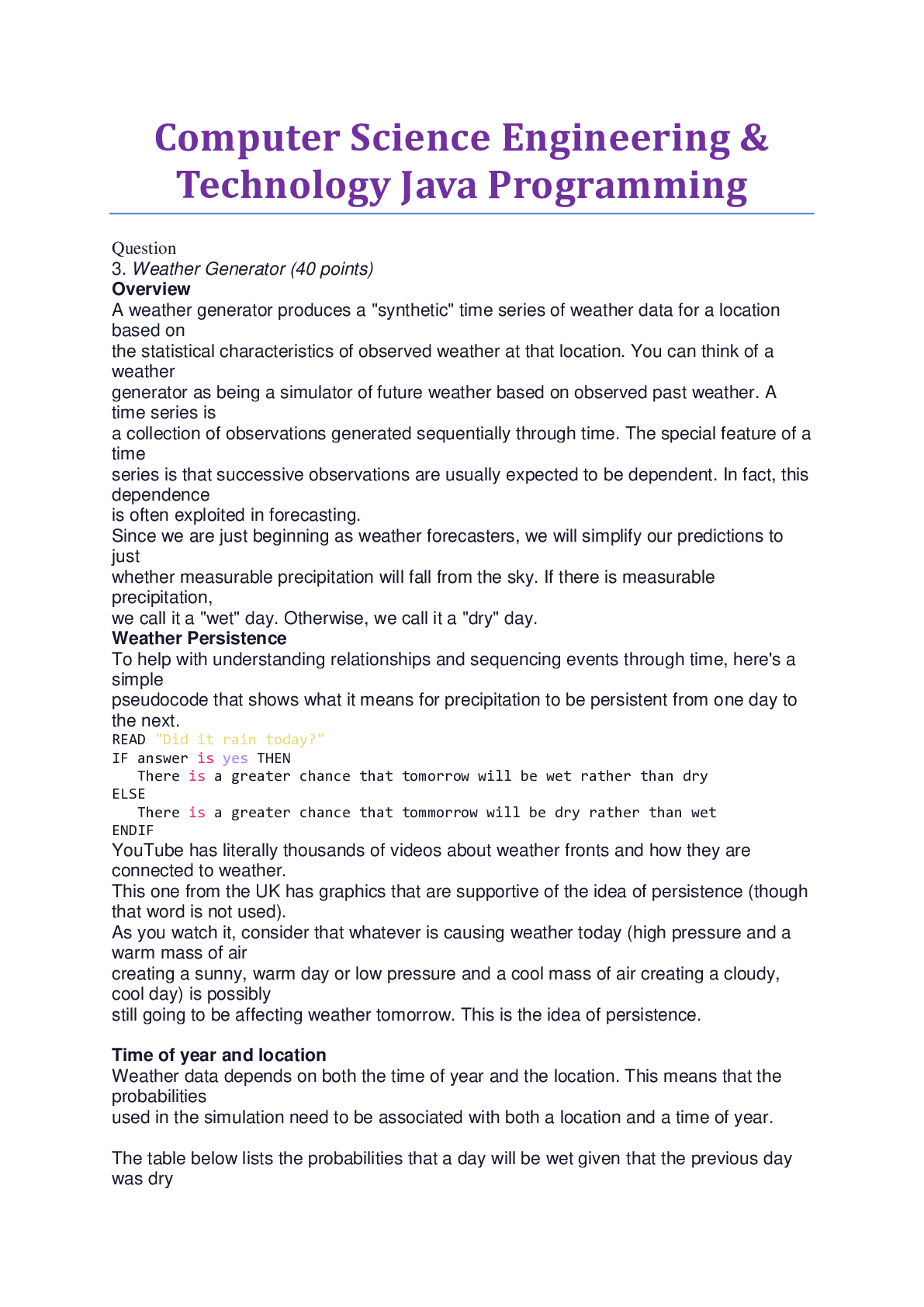
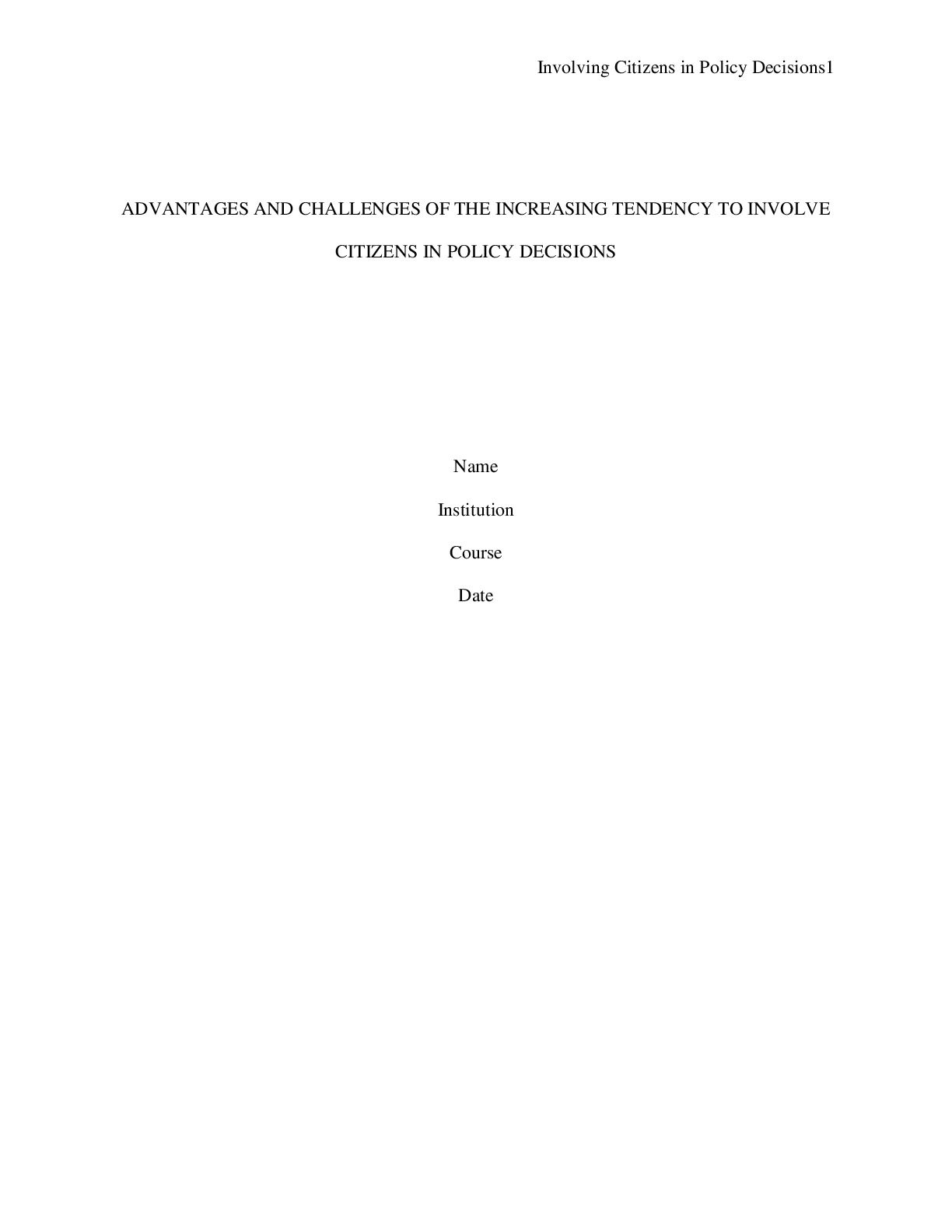

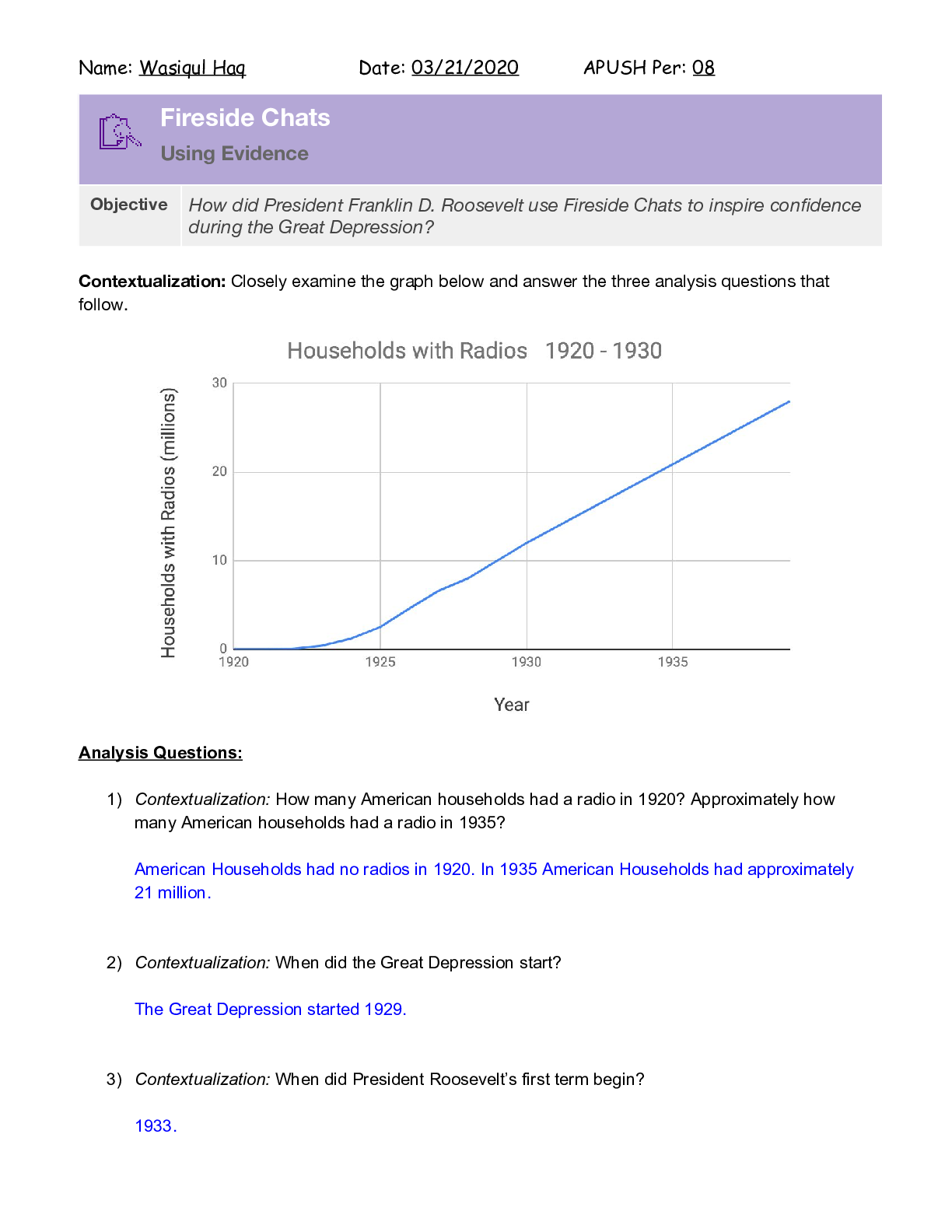
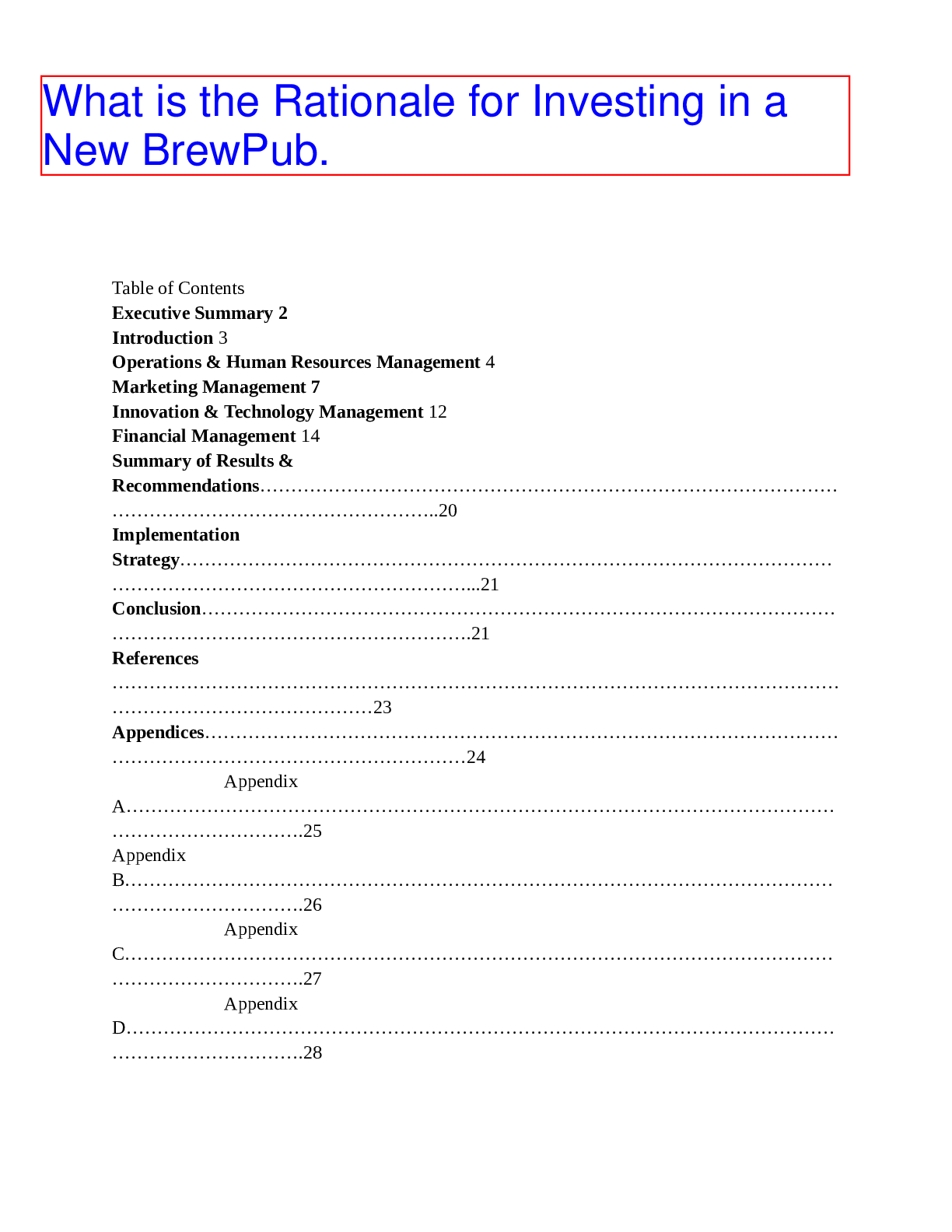




.png)


